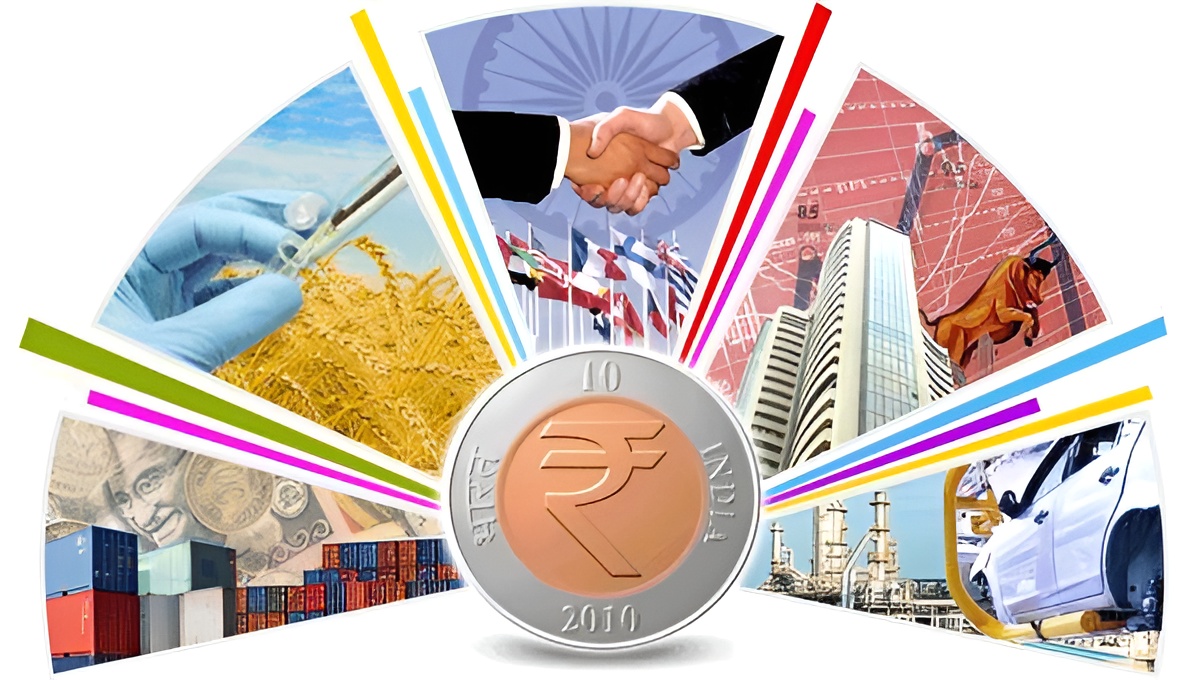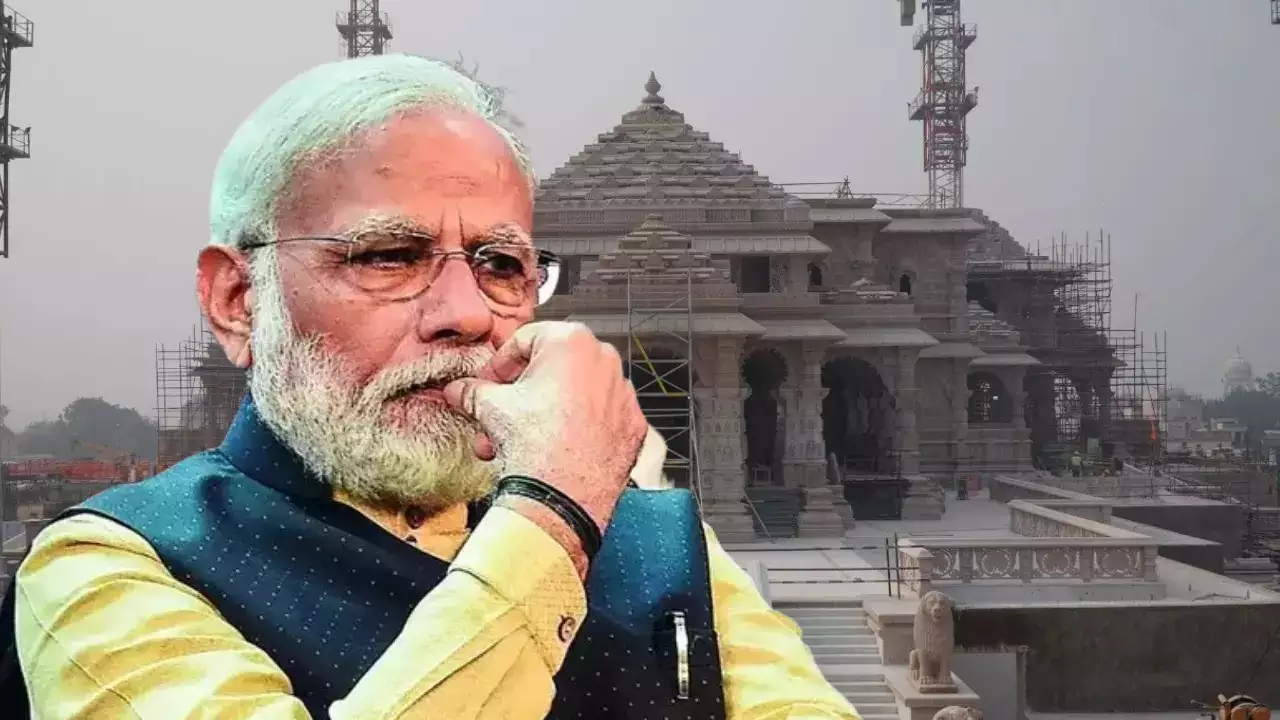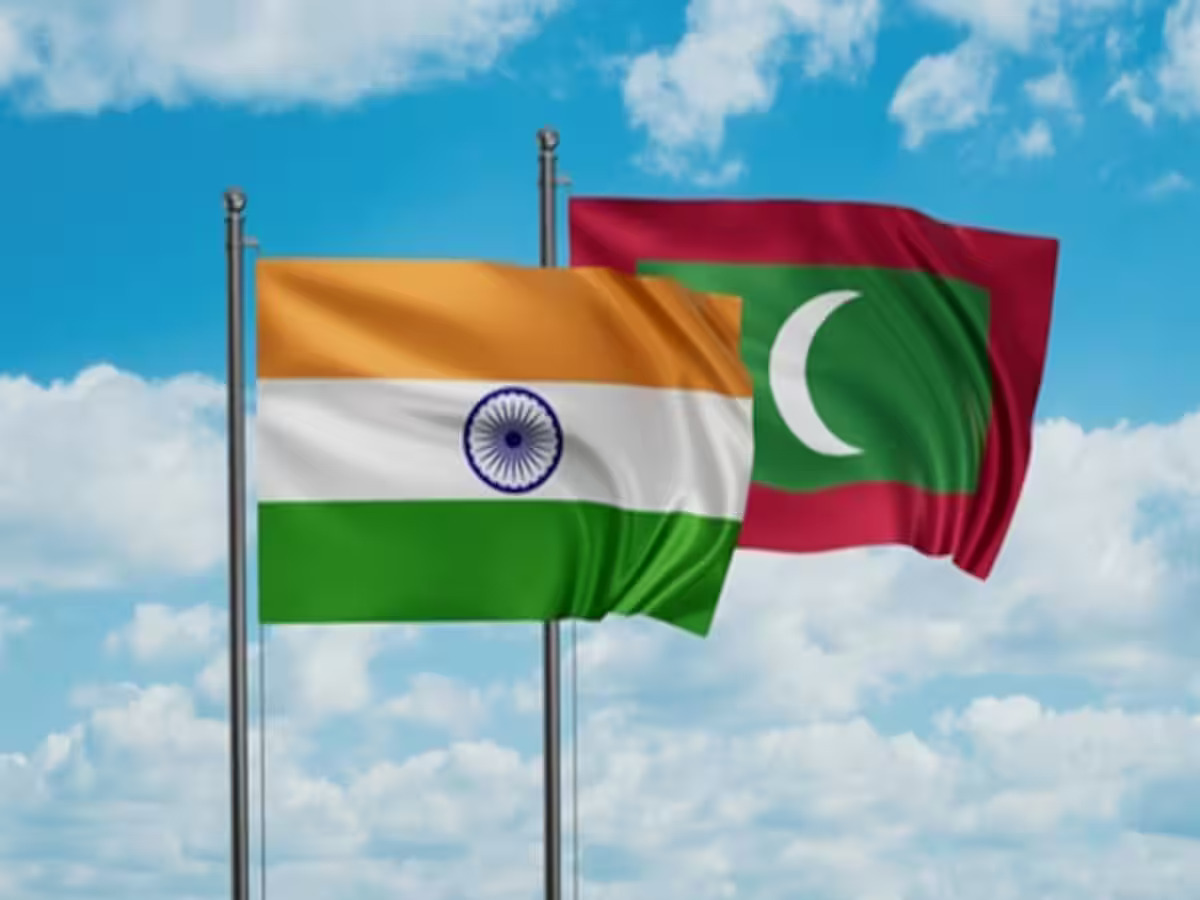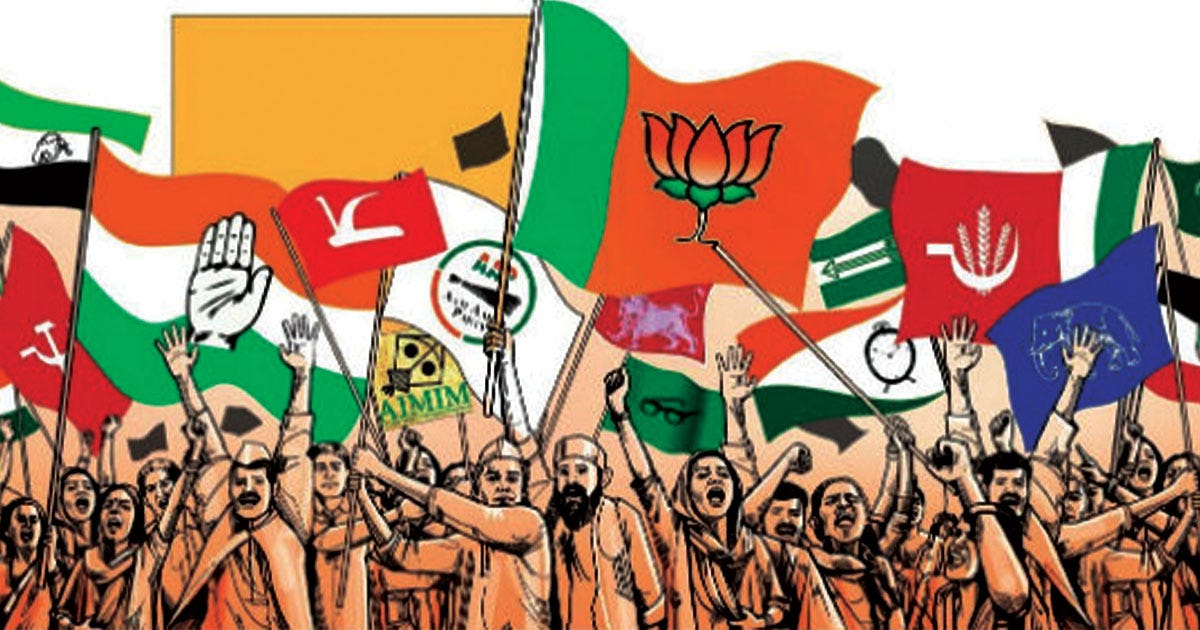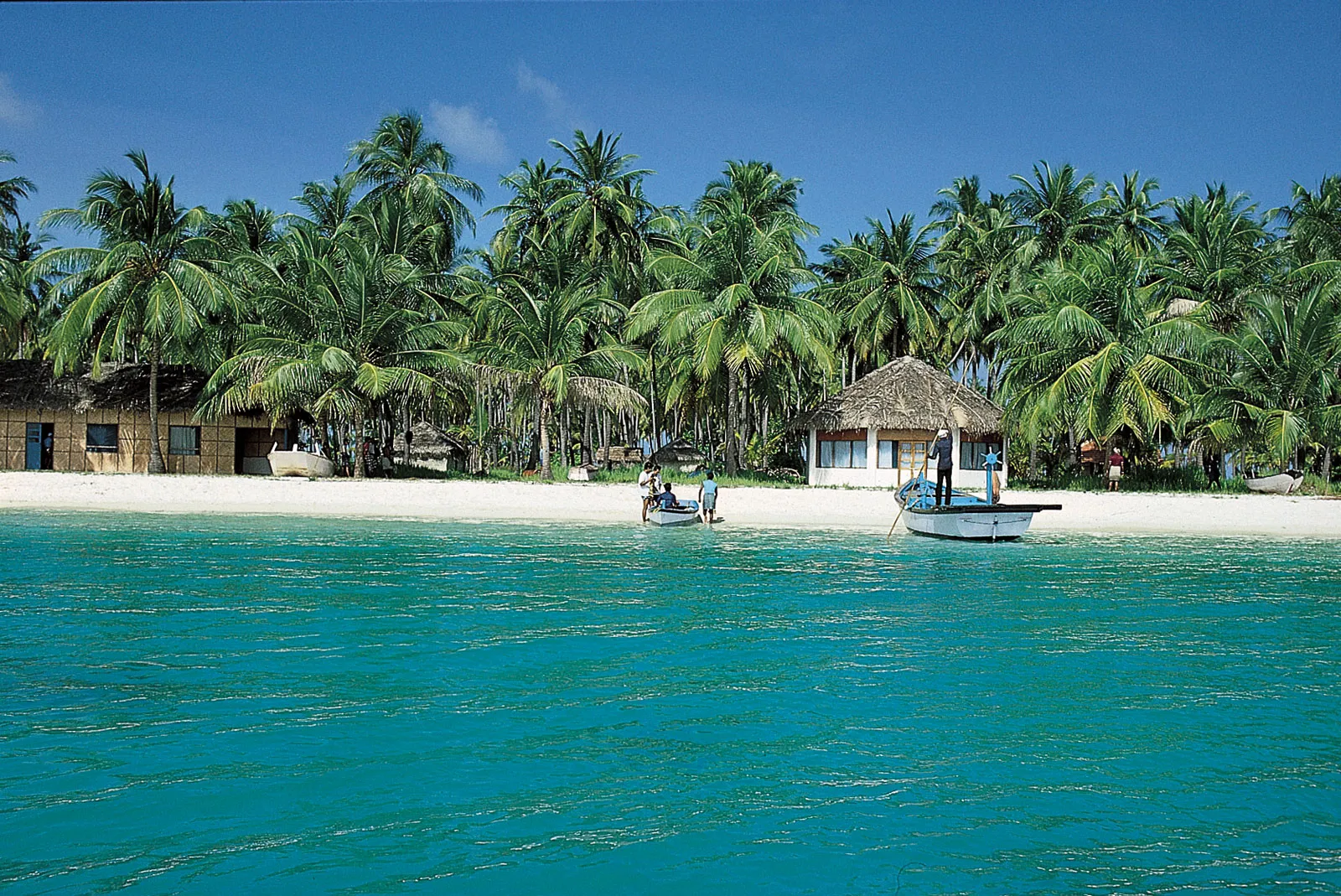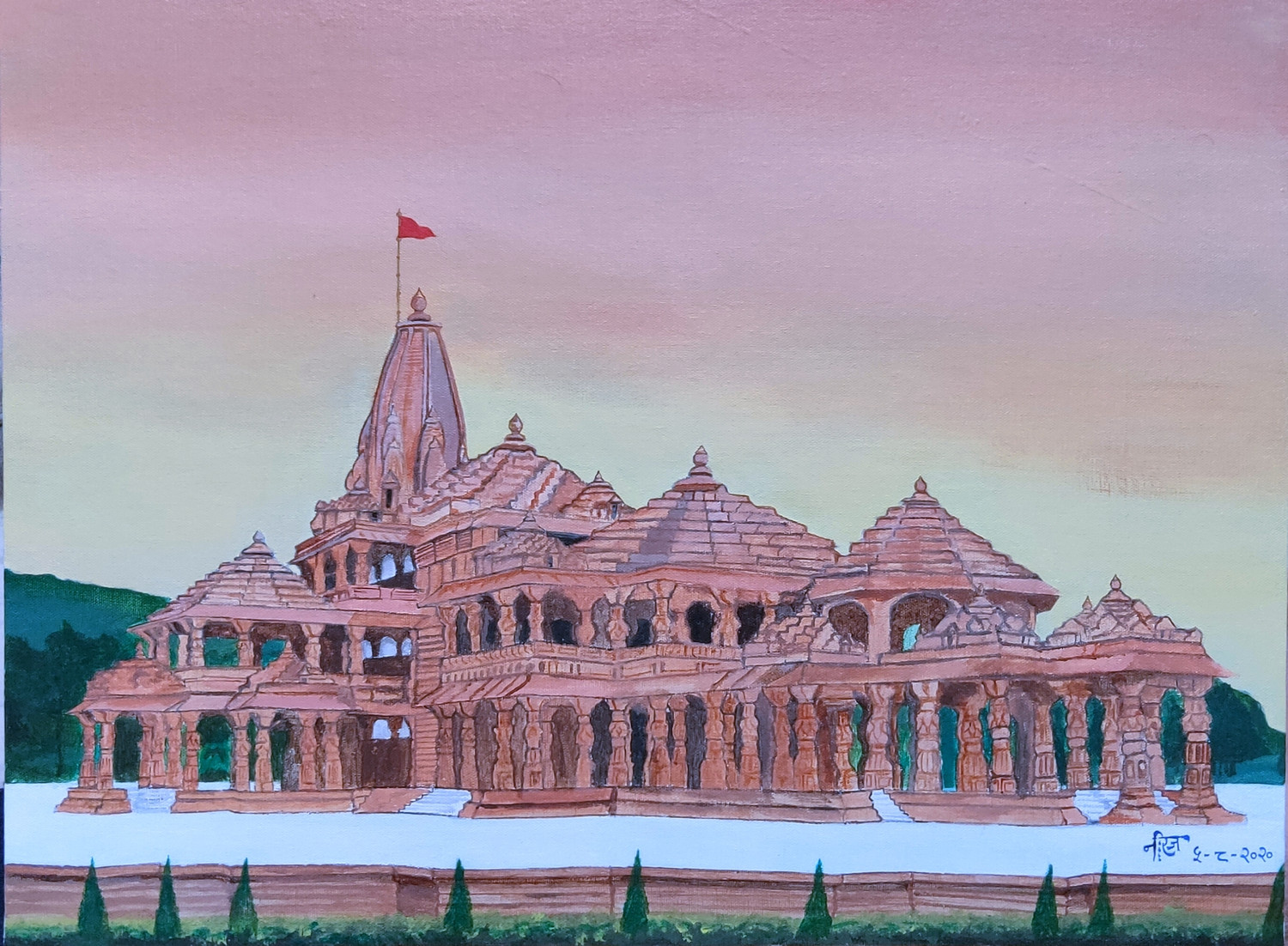In the early days of a new year, it is appropriate to consider how our society is changing. Are we Indians moving closer to equality, kindness, and a broader appreciation of diversity? Even though these concerns necessitate patient study, shared impressions rather than firm conclusions can be used to investigate them.
A collective thought about our natural environment is desperately needed. Sadly, despite the regard people have for the Himalayas, huge roads and tunnels have nonetheless been built, clearly harming the mountains and the populations that depend on them. Careful attention is needed to strike a delicate balance between spiritual relevance and environmental stewardship.
Turning our attention to societal developments, one may contend that many Indians are closer than ever before, even in the face of obvious polarisation. The state, and especially the BJP and its parent organisation, the RSS, has increasingly expanded its influence to include Dalits, OBCs, and non-Brahmins. The election of Adivasi woman Droupadi Murmu and Dalit activist Ram Nath Kovind to the Indian presidency represented significant progress towards equality in the Hindu community. The admission by Prime Minister Narendra Modi of his OBC ancestry and the growing presence of MPs from different castes inside the BJP suggest a political environment that is eager to challenge established hierarchies.
Even though some may view these political developments as progress, a crucial gap still exists. Advances in political equality have not been matched by an acceptance of the past harm caused by social exclusions, hierarchy, and cruelty. For real cultural change to be fostered, acknowledging and repenting of past and current injustices is essential.
When one considers what Mahatma Gandhi said in 1921 regarding the treatment of untouchables, it is clear that maintaining dignity in Hindu society depends on an open and sincere recognition of the harm done to Dalits and other lower castes. In the Hindu social fabric, we cannot truly speak of equality and dignity for everyone unless we acknowledge and heal these scars.
Prime Minister Modi cleaned the feet of sanitation workers in 2019 as a sign of appreciation. But the absence of Christians and Muslims from the emerging social and political union lessens the significance of this acknowledgement. This coalition appears to be intended to set Muslims and Christians in their proper place, despite its promise of political representation, undercutting the possibility of genuine and long-lasting relationships.
Offers of political inclusion must be accompanied by an open acknowledgement of the brutality meted out to the disadvantaged if Hindu society is to genuinely transcend its inequalities. Furthermore, the Muslims and Christians of India should be included in the BJP and RSS’s appeals if they truly want to be considered progressive parties. The underlying concept should be an understanding of India as a varied family where everyone has equal rights regardless of caste or religion.
Recognising that the foundation of an inclusive society cannot be the exclusion of any group is crucial as we work through the difficulties of societal reform. The demand for equality and togetherness must go beyond empty political platitudes and include sincere recognition, comprehension, and healing of past wrongs. Then and only then will India be able to genuinely adopt the values of equality, kindness, and acceptance in the future.
